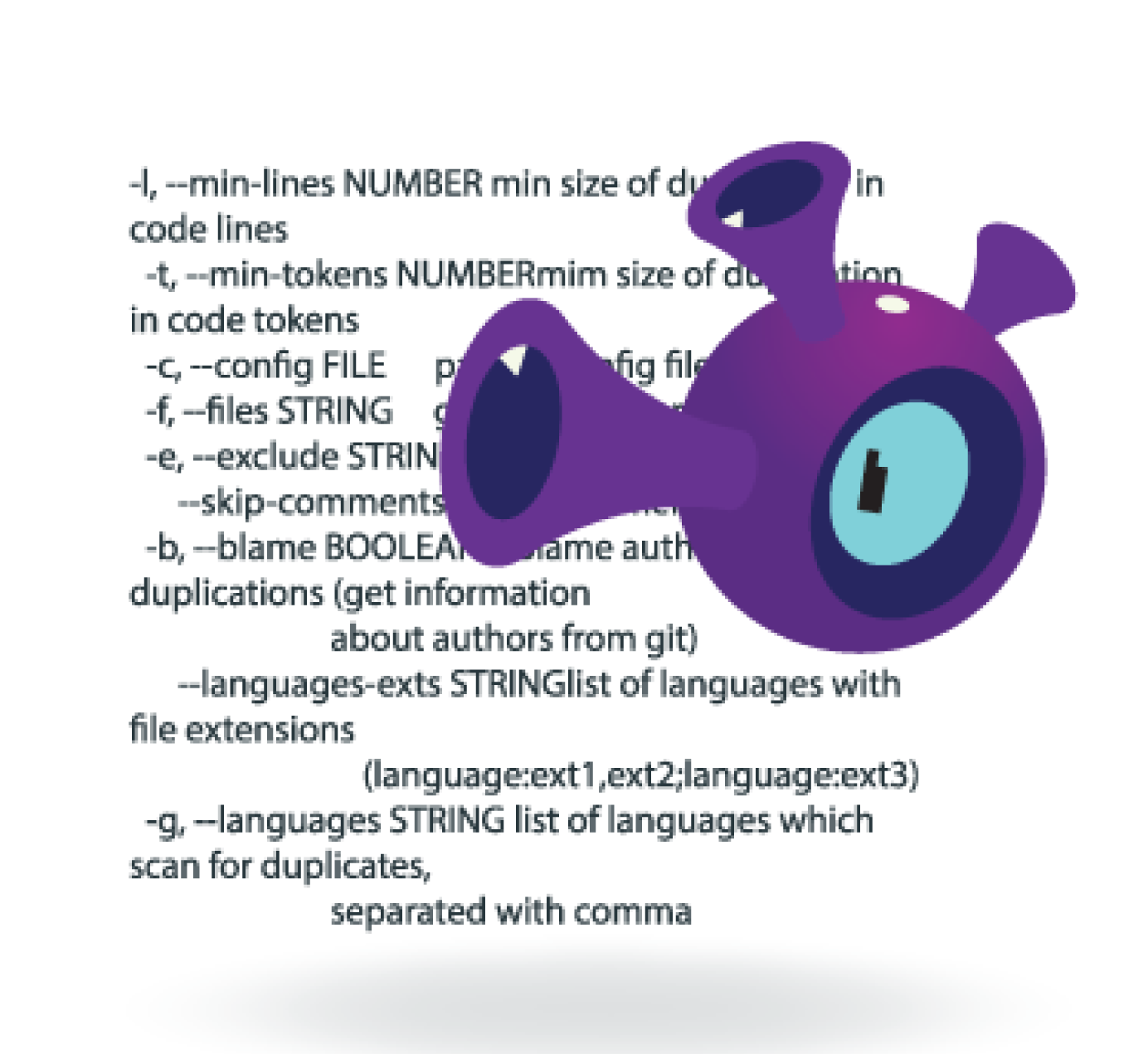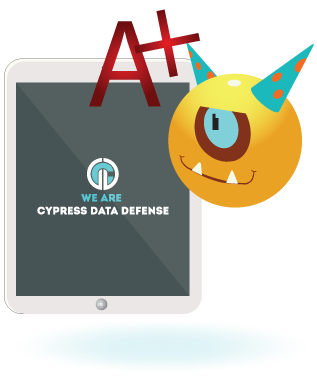

POWERFUL WEB
APPLICATION HYBRID ANALYSIS
You’ve conducted penetration tests on your web applications, and you think that your apps are now secure, right? After all, you have already found and fixed vulnerabilities.
When you rely on dynamic testing alone, you might be missing a lot of web application vulnerabilities. Does that mean you should have conducted a static analysis instead?
No, both dynamic and static analysis have their own strengths and weaknesses.
That’s where hybrid analysis comes in. It allows you to use the strengths of each of these testing methodologies to secure your web applications.
Leverage Hybrid Analysis Services to Secure Your Web Applications
Static application security testing (SAST) is a testing process in which security specialists review the source code of your applications to find security vulnerabilities.
It checks your applications for their internal structures and frameworks instead of testing them for their functionalities. It intends to find web application vulnerabilities that dynamic testing can’t easily find or, in many cases, can’t find at all (e.g., server-side cryptographic issues).
When performing static analysis, security engineers can find web application vulnerabilities in the code and can point developers to the exact location of the issue.
This is different from dynamic testing, during which security engineers identify issues in the running application and developers need to chase down and discover where to implement a fix to a vulnerability. Using static analysis helps developers minimize the turnaround time for fixes and mitigating threats.
If you’re still unsure about using static analysis in addition to dynamic analysis, here are some more things that the former can help you answer:
- Are you re-using initialization vectors?
- Are you storing encryption keys insecurely?
- Are you storing system passwords securely?
On the other hand, manual static analysis requires a large amount of time. Automated tools also come with their own limitations. They may work with a few programming languages only and may provide false positives and false negatives.
SAST only scans the code, which means that it doesn’t pinpoint weak points that may create issues in the runtime environment. If you want to identify and fix web application vulnerabilities that are introduced in the runtime environment, you need to conduct dynamic application security testing (DAST) as well.
DAST is quite helpful for testing authorization and it also allows you to validate your static code analysis findings. In fact, it can help with detecting weak areas that are hard to find with static code analysis.
The best part about dynamic testing is that security engineers can test any application, even if they don’t have its actual code.
Dynamic testing validates the output with the expected outcome. It is conducted at all levels and can be either black or white box testing. However, dynamic analysis can be weaker in other aspects.
If developers have partial controls to prevent attacks such as XSS or SQLi, it can take a dynamic tester a long time to find the weaknesses in the defenses. Whereas, you can easily spot these weaknesses using static analysis and save a lot of time.
Both static and dynamic analysis testing methodologies come with their own sets of strengths and weaknesses. That’s why you should use both of these testing methodologies to get the best application security testing results.
Want to conduct a hybrid analysis for your web application?
Specialized Web Application Hybrid Analysis Services
We understand that static and dynamic analyses have their own strengths and weaknesses but by leveraging the strengths of each approach, you can get a very thorough assessment. This will cost less than using both the testing methods individually. That’s why our security engineers run security assessments on your applications using unique hybrid analysis techniques.
We provide specialized web application hybrid analysis services to detect application vulnerabilities using the best of both static and dynamic testing methods.
Our security engineers (who have been developers) manually review critical portions of the source code of your applications. This includes reviewing the code of sections such as authentication, authorization, session management, and more.
We also use commercial and custom automation tools to identify vulnerabilities through the entire code of your applications. This helps us detect and identify potential security issues and get rid of any false positives to mitigate unknown threats.
Along with reviewing the code, our security engineers also dynamically test your applications to detect vulnerabilities in a runtime environment.
We provide a single integrated report to you on the web application vulnerabilities found and clear instructions about how to fix them.
BRANDS THAT TRUST US




WHY CHOOSE US?
Our security engineers are pros at conducting hybrid analysis to test the security of your web applications.
We are security experts who train others.
Our web application security specialists regularly instruct for large corporations and global training institutions. We teach developers and organizations on how to properly perform web application hybrid analysis.
We are all developers and we understand code.
We aren’t only experts in security, we also know how web applications are (and SHOULD be) built. We can leverage this knowledge to provide the most thorough security reviews for your web apps.


